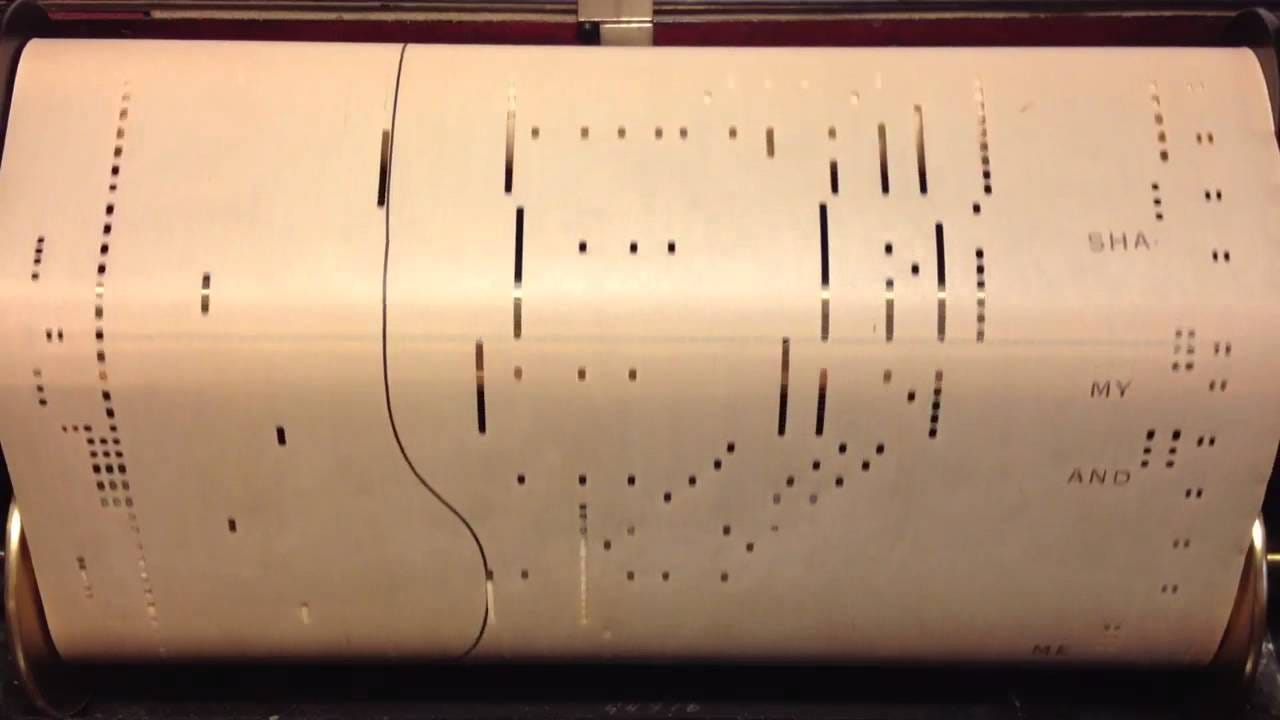brostep
[a recent, slightly edited and annotated excerpt from an email I sent in the fall/winter to vijay, hi vijay]:

I like the brostep neoliberalism piece, i think there’s some ahistoricism tho, (and i feel like [steven] shaviro [who the author, robin james, references] does it too). Like, it treats bro-step as something that emerged at that moment from technology and the economy almost without intent (true) but erases the structures that hold its legibility together. Like skrillex was first in the screamo band "from first to last" before shifting to skrillex which maybe points to the essentially “rock” music construction of the song, but filtered through how he appropriated dubstep and stripped it of any potential criticality...so i feel like it's more useful thinking about this as neoliberalism that consumes its own critique and repackages it for consumption.
and obviously the black history there is central. dubstep as late 90s UK combination of two-step and dub, which is in turn a development of reggae combined with house music through a lineage of rave and electronica — it’s pretty quick that we’re back to crucial scenes of vitality (reggae & chicago house music & detroit techno (and historiography from Hecha x grit collective make techno black again & discwoman’s influence too)) that emerged from classically racist environments. I think the idea that the aesthetic emerges from the technology of digital collage is very real, but even that gets a little blurry when you think about analog sample stations like the mellotron synthesizer which relies only on tape loops linked up to piano keys or player piano, or conlon nancarrow's experiments with player piano starting in the later 40s which is truly analogous in composition structure to MIDI composition.

At the beginning of point 3A she spends a lot of time talking like she's never heard the word "collage," which probably has origins in 1910s dada, right? This is all just to say i feel like neoliberalism affects the aesthetics of the sound more so in the fact that the collaged song structures and instrument combinations get consumed, stripped of their vitality, and then repackaged for a group that is identified by their role as consumers, than it actually affects the aesthetics of the sounds through [digital audio workstation] DAW capabilities. [Bringing back this fillip article re: the way that capitalism survives critique; by consuming it and internalizing it]

[set from home alone at New Trier Township High School in Winnetka, Illinois]
For this line: "Post-cinematic media is generative, unlike cinema, which is indexical. Cinema is a document of what passed in front of a camera IRL, so it ‘therefore always assumes—because it always refers back to—some sort of absolute, pre-existing space’ (17). Post-cinematic media, on the other hand, do not refer their organizational plane to some external sphere, but ‘generat[e their] own space, in the course of [their] own modulations’ (17)." I feel like this line badly treats the idea of cinema as indexical (or maybe I’m reading her not as literally as she’d like), when we know how artificially constructed so many cinematic spaces are (i just watched a special on home alone and apparently it was all shot in the same high school building that ferris bueller's day off was shot at in chicago, but they constructed the house within the gymnasium, and then constructed the basement in the pool (so they could have a flood scene without having trouble with water leakage)) while also giving too much credit to DAW produced sounds, since I think they actually do emulate a lot of preexisting modes (speeding up those processes in very significant ways that changes everything). I feel like the DAW approach actually pulls from something like James Brown's "every instrument is a drum," too, since MIDI treats tonal instruments and percussive instruments without distinction — or at least with less distinction than traditional notation.
ALSO: maybe gestures towards other music that is more primarily composed by visuals rather than non-visual songwriting — thinking of the scrolling structure of reich’s music for clapping hands:
Thank you to Vijay, and to Logan-Halle Wyatt for the last video


